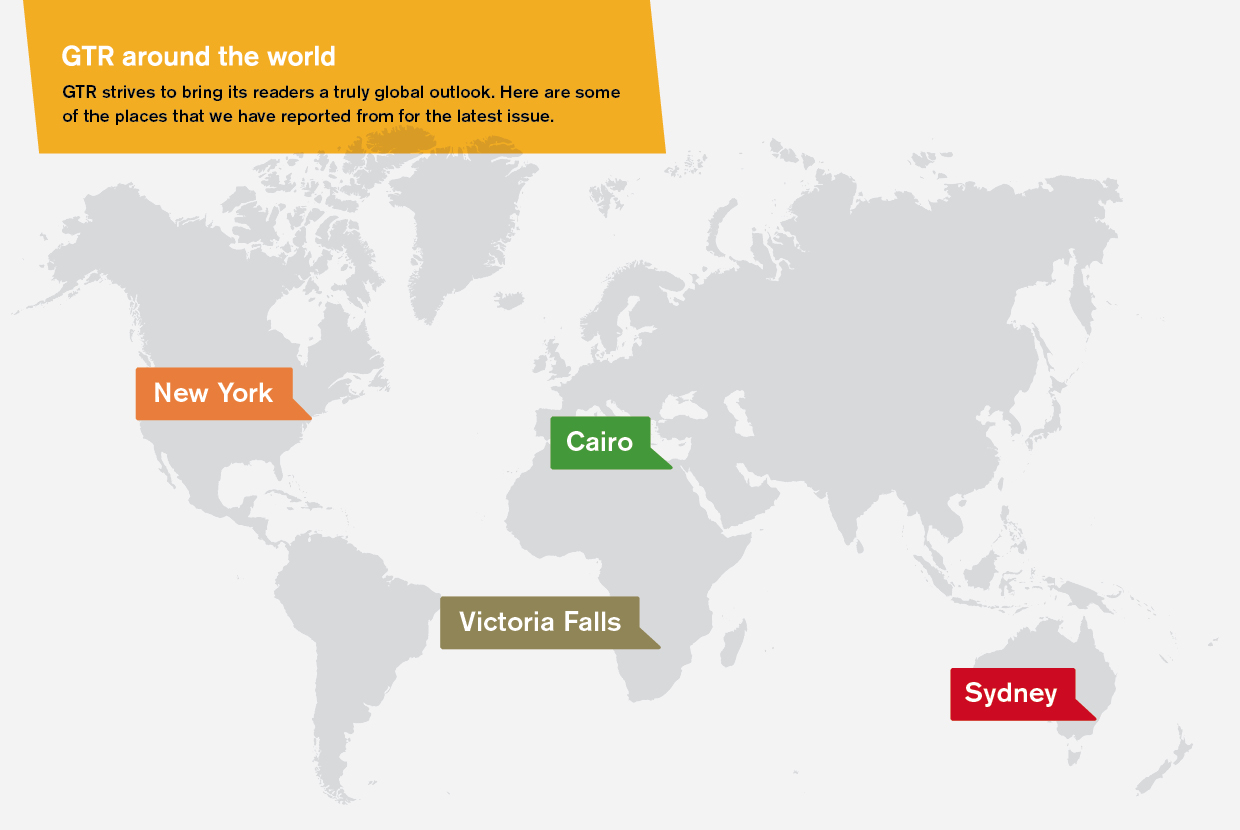Global commodity markets had a rough time of it in 2018. As the new year dawns, news headlines such as “Commodities cap another dismal year” and “Traders gear up for volatile year” indicate that 2019 doesn’t look much better.
The gloomy forecasts for the year ahead – which many believe to be a mug’s game anyway with the likes of Donald Trump looming large over the sector – take into account a slowdown in global growth, with particular worries over China, as well as increased geopolitical uncertainty, including rising trade tensions, policy change and trade barriers, which threaten to hinder exports.
Other factors at play include heightened levels of risk, new disruptive technologies and concerns over climate change, to name a few.
As last year drew to a close, it was announced that the Bloomberg Commodity Index, which tracks 22 raw materials futures including gold, copper, crude oil, natural gas and corn, is heading for a 12% drop – its seventh annual fall in 11 years.
But the end of 2018 also brought some interesting new developments expected to give the sector a nudge in the right direction. The US and China decided on a 90-day truce in their trade war, with the two countries due back at the negotiating table as this publication goes to press in early January. In other news, following gruelling negotiations, Opec and its allies finally decided to cut oil production by 1.2 million barrels per day, initially for six months, to correct global oversupply and oil prices – although early feedback is that a low oil-price scenario will prevail for the year.
Elsewhere, in the world of commodity trading, good news came from troubled trader Noble Group which concluded its debt restructuring and was reborn as New Noble, complete with US$800mn-worth of trade finance and hedging facilities. The update came a month after the unprecedented probe from Singapore’s regulators, which stunned the market, and which many speculated would derail the rescue plan.
In the fintech space, the end of last year also brought the birth of komgo, a blockchain-based platform for commodity trade finance. It was created by a group of banks and commodity players and now connects to Vakt, another new blockchain platform for commodity post-trade management that went live earlier in 2018.
In this our annual Commodities Issue, we provide an in-depth overview of komgo and its link with Vakt and explain how these new tech developments are set to change the way commodity trade is financed.
Our commodities coverage also extends to Africa in a feature that underscores the need for the continent’s commodity producers to add value at home – and the difficulties they face in doing so; we investigate Ukraine’s potential as a global agribusiness leader; and we report on the recent slew of sustainably-linked loans for commodity players.
As we get stuck into the new year, the GTR team looks forward to digging deeper into how these and other developments are underpinning change in the trade and commodity finance market. We wish all of our readers a prosperous 2019!







